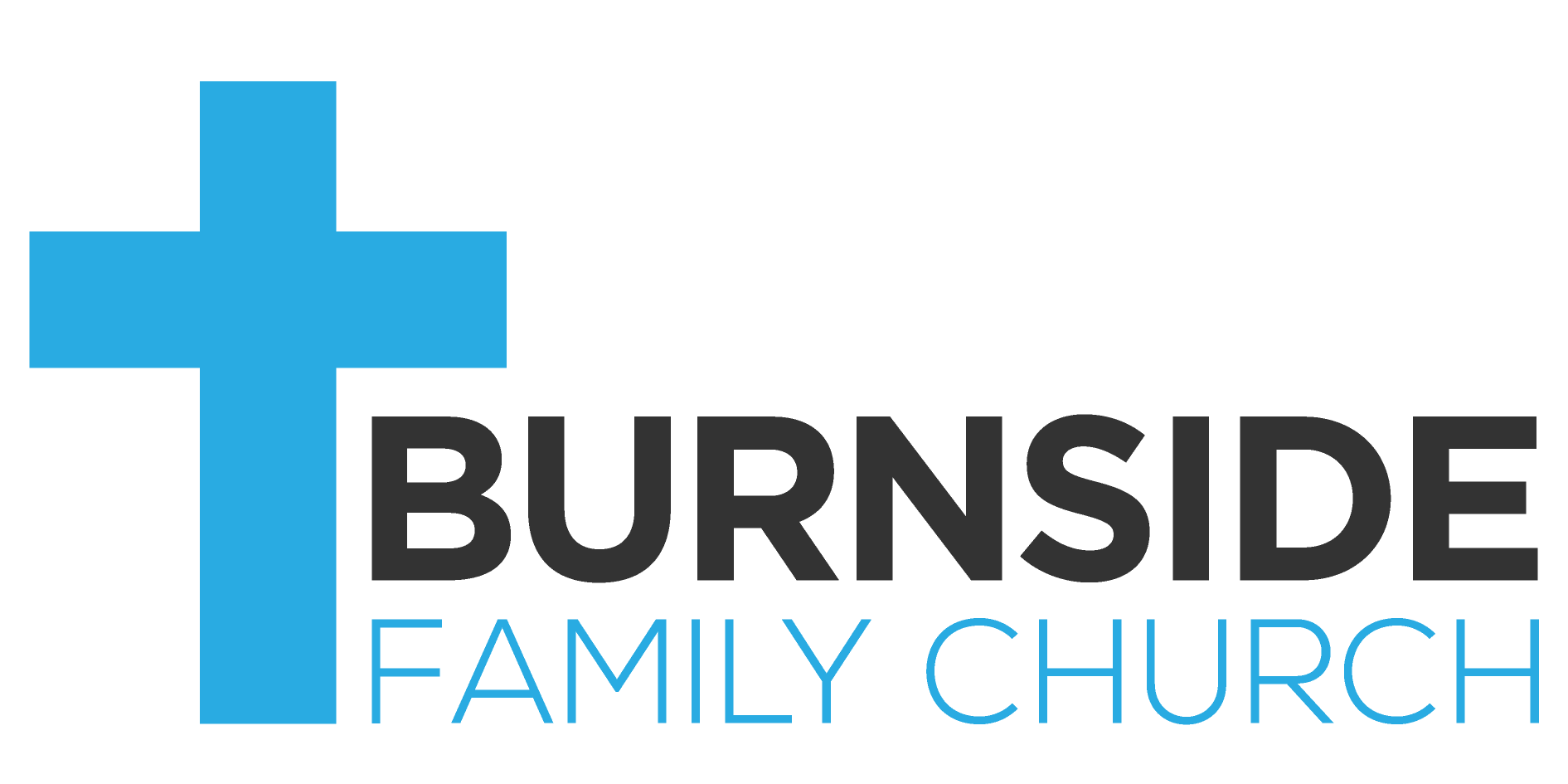Matthew 11:1-19 Jesus Reveals Himself - by Jeff Byerley
Study on Matthew 11:1-19 Jesus Reveals Himself to Disciples of John the Baptist
Outline of Passage
11: 1 - 3 The Disciples of John the Baptist ask Jesus to reveal Himself.
11: 4 - 6 Jesus reveals who He is.
11: 7-15 Jesus reveals who John the Baptist is.
11:16-19 Jesus reveals the nature of the opposition against Him
Our Reflections
1. Why did John the Baptist ask Jesus to reveal Himself (11:1-3)?
2. Why did Jesus answer as He did (11:4-6)?
3. Why did Jesus ask 3 rhetorical questions about John the Baptist (11:7-15)?
4. Why did Jesus refer to that generation as playing children's games (11:16-17)?
5. What did Jesus mean by “wisdom is justified by her children” (11:18-19)?
Our Conclusions
1. Why did John the Baptist ask Jesus to reveal Himself (11:1-3)?
It struck us as somewhat strange that John would have raised this query when he had such a divine encounter with Jesus, when he baptized him. (Matt 3:13-17). He certainly did not have any doubts then as to who Jesus was (John 1:29-31). However, Isaiah prophesied that the coming of the Messiah would also be associated with the “Day of vengeance” (Isa. 61:2). Yet john sees nothing of the judgment that is prophesied. Moreover, his disciples have questioned the different conduct of Jesus' disciples in regard to fasting (Matt 9:14). Perhaps all this and the effect of John's long period in prison are the reasons he begins to have doubts
about Jesus.
2. Why did Jesus answer as He did (11:4-6)?
Jesus replied showing how His work exactly fulfilled the prophecies of Isaiah regarding the coming Messiah: The blind receive sight (Matt 9:27-32; Cf. Isa. 29:18; 35:5): The lame walk (Matt 15;30-31; Cf. Isa. 35:6); Those with leprosy are cured; (Matt 8:1-4; Cf. Isa. 53:4): The deaf hear (Matt 7:32-37; Cf. Isa. 29:18-19, 35:5): The dead are raised to life (Matt 10:8; Cf. Isa. 26:18-19): and the good news is preached to the poor (Matt 5:3; Cf. Isa. 61:1).1 So, Jesus was not quite living up to John's expectations and Jesus has a final slight rebuke for John; “And blessed is he who is not offended because of Me.” (v.6).
3. Why did Jesus ask 3 rhetorical questions about John the Baptist (11:7-15)?
He was making the people think about who John the Baptist really was in the plan of God. Yes. He was a prophet but much more. Jesus identifies him as God's Messenger heralding the coming Messiah (Mal.3:1) and the “Elijah” to come before the Messiah (Mal. 4:5).
4. Why did Jesus refer to that generation as playing child games (11:16-17)?
The people had the preconceived racially proud views of how God would send the Messiah to raise up Israel over other nations. Their hard hearts could not accept a Messiah who did not fit in with their view of how the Messiah should act. He should dance to their tune. Their minds were closed to grasping what Jesus was plainly revealing to them. Instead they focussed on fault finding.
5. What did Jesus mean by “wisdom is justified by her children” (11:18-19)?
God's plan of salvation was a stumbling block to the Jews who could not conceive of a crucified Messiah and this was also foolishness to the Greeks (1 Cor. 1:23). But God's “foolishness” is wiser than the world's wisdom (1 Cor 1:25). The outworking of the gospel in the world (“wisdom's children”) would show this. Final Thought: Perhaps we have our own preconceived views on how God should act in our lives. However, events are not happening in accordance with our views, but our minds are closed to a new revelation. May God keep us open-minded!
